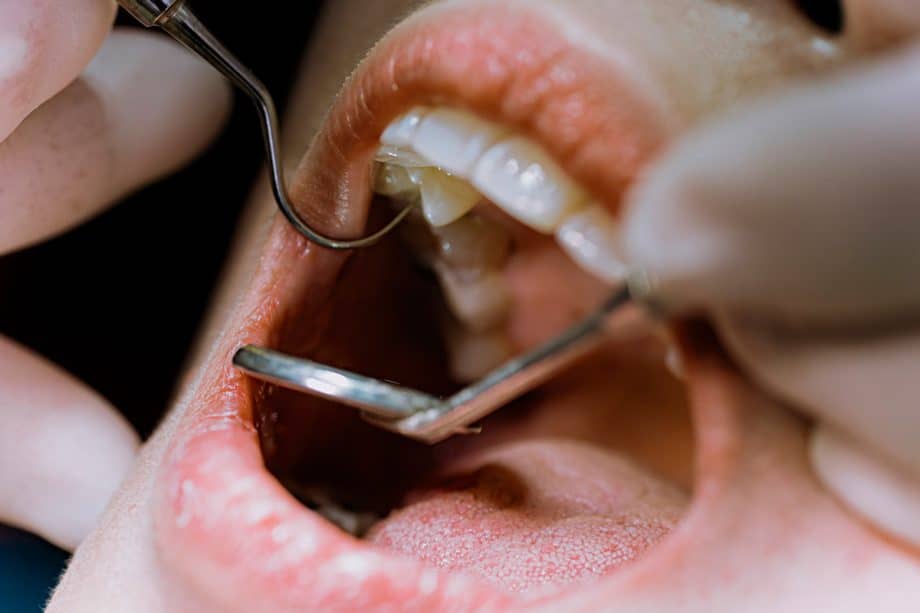When your dentist informs you that you need a root canal, your first instinct may be to wait until the tooth causes problems before going forward with the procedure. However, when it comes to root canals, being proactive is best.
If you put off a root canal for too long, the tooth may deteriorate to the point where it needs extraction. Plan to wait no longer than a week or two before scheduling a root canal.
What Is a Root Canal?
A root canal is a routine dental procedure that treats infection and inflammation inside a tooth. Teeth that need root canals may be broken, decayed, or dying due to nerve damage. A root canal cleans and sanitizes the tooth's interior, including the roots, and refills it with a biocompatible material to seal out contaminants.
Symptoms That Indicate the Need for a Root Canal
If you already have one or more symptoms below, you should not delay scheduling a root canal. These symptoms may worsen quickly and interfere with your ability to chew, sleep, and relax.
- Strong sensitivity to hot and cold, especially if the feeling persists when you remove the food or beverage
- Pimple-like swellings along the gum line
- Swelling of the gums around the compromised tooth
- Significant pain when biting or chewing on the tooth
- Symptoms of an infection, including fever and chills
The Root Canal Procedure
Today, a root canal is a simple, comfortable procedure. First, the dentist makes a small opening in the tooth's crown. They drill into the pulp chamber and remove inflamed and infected material.
At this point in the procedure, they may place an antibiotic and wait a few days for the tooth infection to improve before proceeding. After clearing the infection, the dentist fills the root canals and crown with a biocompatible plastic material called gutta-percha.
After the procedure, a filling or crown protects the tooth with the root canal.
Managing Discomfort Before Your Root Canal
If you need to wait a few days before your appointment, you can take steps to manage your pain.
If your dentist prescribes antibiotics to take before your procedure, be sure to finish the entire course of medication. If you stop taking the antibiotics midway through the medication period, your infection may return and worsen. If the infection progresses to a point where the dentist cannot save the tooth, you will need an extraction.
Take over-the-counter anti-inflammatory medications like ibuprofen to manage your pain. You may also feel relief from putting ice or moist heat on your face over the tooth.
Frequently Asked Questions About Root Canals
Does a root canal hurt?
Today's root canals are painless since your dentist will provide sufficient local anesthesia to keep you comfortable. The procedure may take about an hour, but you will be able to relax.
How long is the recovery period after a root canal?
You may have some minor discomfort or tenderness after your procedure, mostly when you bite down. Over-the-counter anti-inflammatory medications like ibuprofen can help a great deal. Chew on the other side of your mouth until your dentist places your permanent restoration.
Call Dentistry of Mendham
If you have any symptoms that indicate the need for a root canal, don't wait to contact us. We can help you overcome your pain and discomfort and restore your tooth. Please call our Mendham, NJ, office at 973-543-5700 to schedule an appointment with Dr. Rajan.

